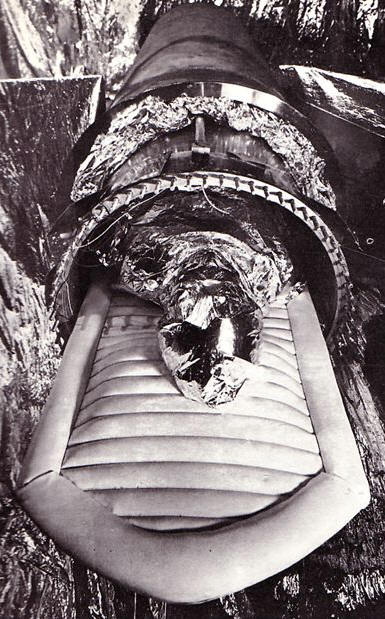Tales of Future Past v2
Main menu
- Home Page
-
Life on Other Worlds
- Life on Other Worlds
- Life on the Planets
- Life on the Moons
- Tales of the Stars
-
Future Living
- Future Living
- Life in 2000 AD
- Leisure
- Shopping
- Drive-In Market
- Cosmetics
- Laundry
- Strikerette
- School: 1999
- Optionics
- Life in 2055
- Future Movies
- Sensorama
- Scopitone
- Radio Pirates
- Weather Control
- Automatic Lumberjack
- Cold Light
- Eternal Youth
- Cryonics
- Suspended Animation
- Space Funeral
- Space Holidays
- Trapped by Television
- Robot Dogs
- Churchill: 1982
- Future House
- Future Kitchen
- Future Food
- Future Work
-
Future City
- Future City
- Skyscraper World
- Tomorrow's Skyline
- Urban Utopias
- World's Fair City
-
Future Transport
- Future Transport
- Rollerball
- Hydrofoil
- Tourism
- Future Liner
- Monorail
- Garden Rail
- Propeller Rail
- Water Rail
- Rocket Trains
- Radio Trains
- Rocket Mail
- Jet Boat
- Desert Liner
- Huge Truck
- Channel Tunnel
- Iron Whale
- Sea Slug
- Sea Slug 2
- Hovercraft
- Ice Field
- Rocket Port
- Vacuum Trains
- Transatlantic Tunnel
- Future Lift
- Travel: 1928
- Concrete Liner
- Teleportation
- Future Car
- Death Rays
Cryonics

Here's a tricky one to evaluate, because it's one of those predictions like my Uncle Bernie picking up a cheque; it hasn't happened yet, but you never know. This depiction of man as Birdseye frozen dinner encapsulates the idea of preserving the dead by quick freezing. The premise being that it's so that they can be revived in some future time when medical science has progressed so far that it's possible to not only revive the dead, but cure the illness that dispatched them, though I would have thought that the former was the just the teensy bit trickier of the jobs.
There are supposed to be a couple of thousand people who have willed their remains to the deep freeze at up to $120,000 a pop, which shows tremendous faith in the utility companies if nothing else. Frankly, I'm a bit sceptical, despite umpteen sci-
Never mind the metaphysical question of what happens to the soul after death -
Having had some experience in freezing and human tissues, I know that the problems of preserving even something as simple as embryonic tissue without it coming out resembling thawed strawberries is fraught with all sorts of difficulties. The idea of preserving an entire human body (a dead one at that) without incurring massive damage is downright hair-
I'll grant that the jury is still out on cryonics, but the odds are long and the final verdict is rather like making an argument from inevitability (Given enough time, you can revive the frozen dead, Communism will eventually succeed, I will win the lottery, and Star Trek spin offs will cease to suck). Maybe someday it will be possible to repair all the damage from freezing, cure a fatal disease, and bring a corpse back to life, but there is a very large gap between the possibility of reviving the dead and the impossibility of doing so.